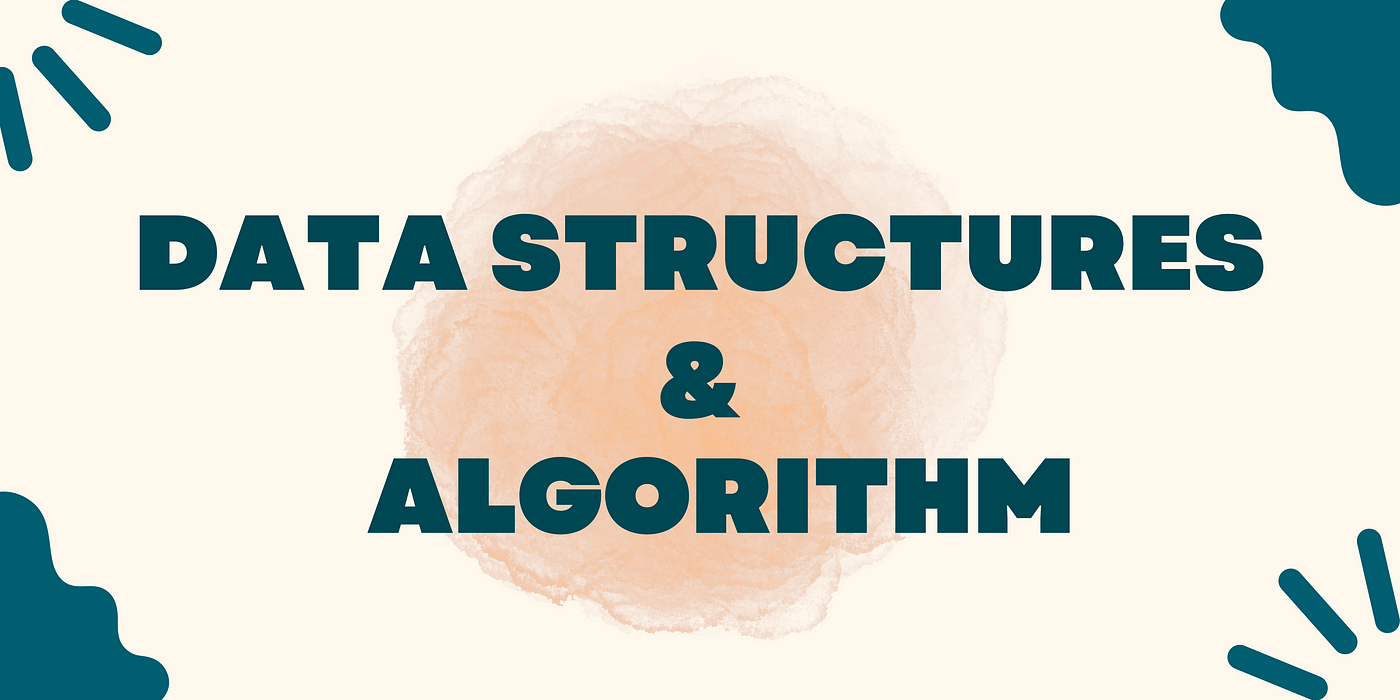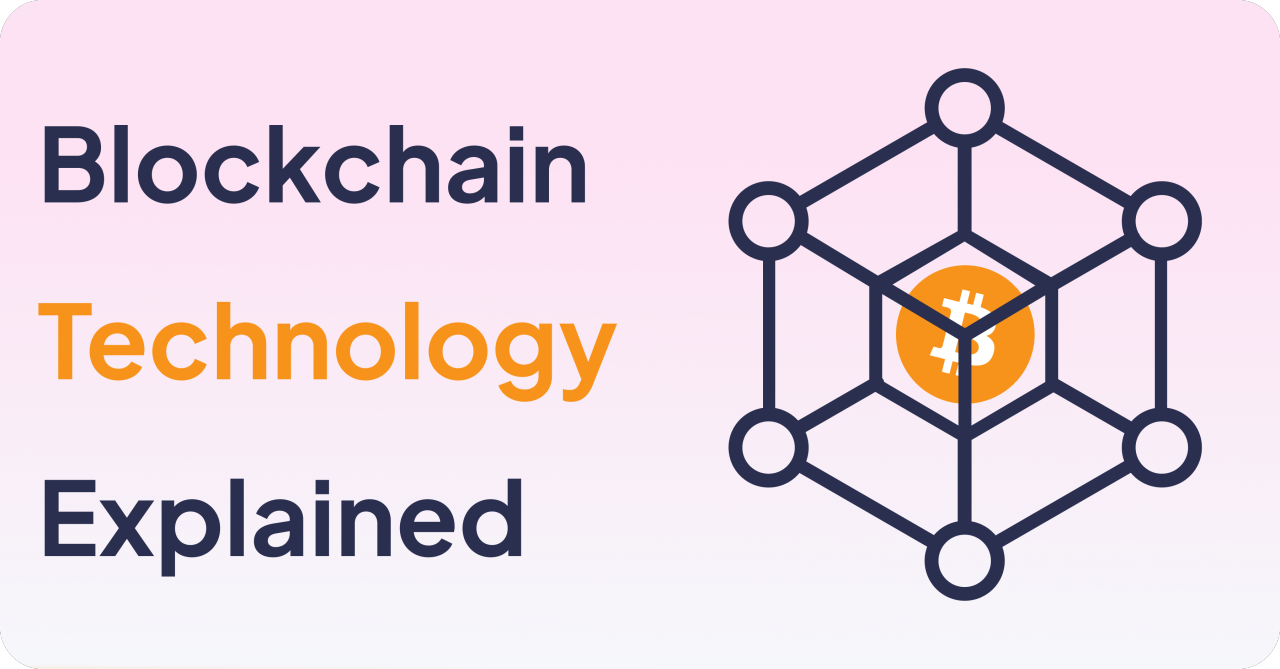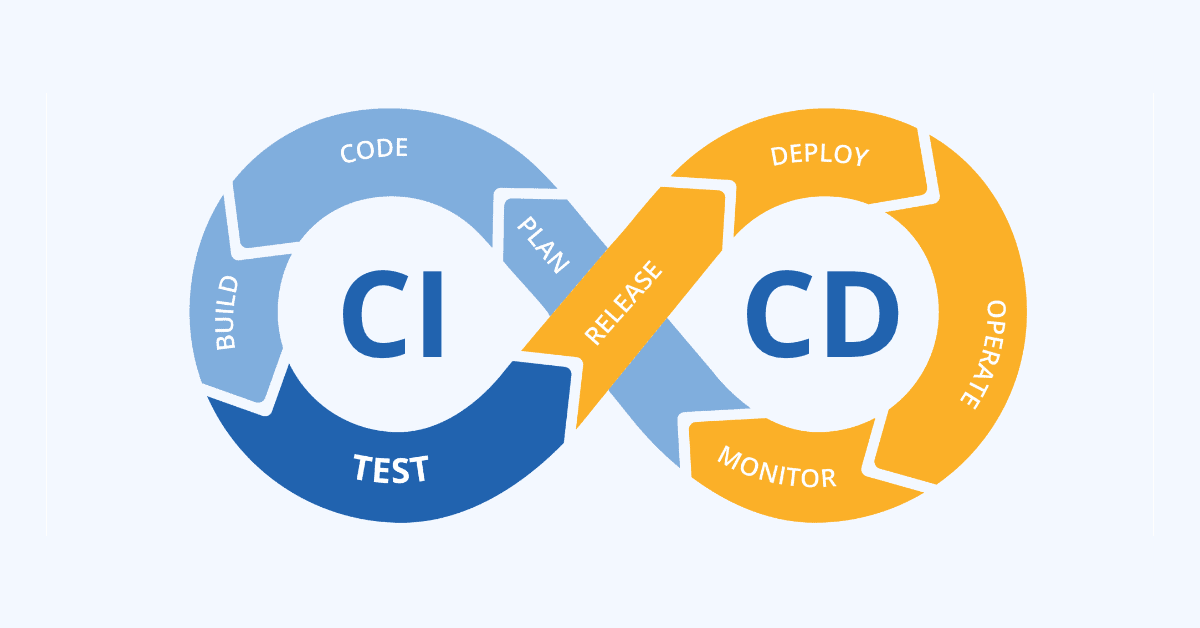What is Intelligent Automation?
Intelligent automation (IA) is the integrated adoption of emerging automation technologies – artificial intelligence (AI), business process automation (BPA), and robotic process automation (RPA) – to automate operational processes and simplify decision-making across functions in organizations. Also known as cognitive automation, IA technology streamlines and speeds up traditionally followed processes, minimizes human errors, reduces operating costs, and enhances operational efficiencies in its numerous use cases, particularly where repetitive tasks are performed.
According to Precedence Research, the global market for intelligent process automation that is finding application in most business segments including manufacturing, BSFI, services, infrastructure, oil and gas, utilities, and entertainment is expected to be around US$39.52 billion in 2030 and 51.26 billion by 2032 with a CAGR of 13.89% from 2023 to 2032 against its market value of US$13.96 billion in 2022.
The Key Elements of Intelligent Automation
Intelligent automation can be powered by integrating multiple emerging technologies, inevitably the three cognitive technologies, to create solutions that drive business transformation.
Artificial Intelligence
Arguably, artificial intelligence (AI) is the most critical constituent of intelligent automation, which leverages machine learning and deep learning along with complex algorithms to derive insights from the analysis of structured and unstructured data. The knowledge base developed from the analysis of the data by these technologies is used to construct predictions. Currently, AI has a wide range of uses in businesses, including streamlining operational processes, aggregating business data, and providing intelligent insights into data.
It is possible that we all interact with artificial intelligence (AI) in some form or other on a daily basis without even realizing it. The technology is currently used in businesses for mundane to breathtaking applications that are disrupting virtually every business process in every industry. The global artificial intelligence market size which was valued at US$136.55 billion in 2022 is projected to reach $1,811.8 billion by 2030 at a CAGR of 37.3% from 2023 to 2030.
Business Process Automation
Business Process Management (BPM - also called Business Process Automation and now referred to as Digital Process Automation (DPA) - is the fusion of technology and practice to optimize business processes and workflows. Intelligent Automation typically leverages business process management (BPM) to enable businesses to develop, analyze, and optimize end-to-end business processes to help them achieve strategic goals.
BPA and other automation tools are evolving into intelligent solutions that increasingly work on deep process transformation and innovation through the optimization of process automation and intelligent document processing. The global business process management (BPM) market which was valued at 8.8 billion U.S. dollars in 2020 is predicted to reach a size of 14.4. billion U.S. dollars by 2025 at a CAGR of 10.5 percent in the coming years.
Robotic Process Automation
This tool which has been in use for a few years now uses robots to perform various routine and mundane back-office tasks, such as entering data, extracting information, or completing forms. RPA leverages the insights provided by AI to perform more complex tasks and use cases and uses bots to interact with applications, just like a person would, based on the defined rules for each task.
Powering RPA with AI technologies enhances the potential of intelligent automation to include nearly any scenario - for example, cognitive bots can reason to make decisions, or can learn on the job to become valuable resources in the human-digital workforce. The global RPA market is estimated to touch 13 billion U.S. dollars by 2030.
The Key Benefits of Intelligent Automation
Intelligent automation platforms offer many benefits in the forms of improved efficiency, better compliance, and enhanced experience, across industries, which include the following, among many others:
Cost Reduction
Intelligent automation provides companies the opportunity to scale their business without escalating more risk, compromising quality, or stretching the current workforce. These benefits lead to higher profitability and growth through higher productivity and enhanced ROI.
Improved Accuracy
Using the capabilities of artificial intelligence to improve the decision-making process and ensure consistency in repetitive tasks, Intelligence Automation helps businesses minimize, if not eliminate, errors and enhance the accuracy of data and results.
Enhanced Customer Experience
The integrated automation technology facilitates delivering quickly a better quality and more trustable product to the customers or providing instant responses to customer queries. The enhanced experience the customer enjoys enables companies to maintain a better competitive edge for the company.
Augmented Compliance
Adherence to multiple regulations to ensure regulatory compliance is inevitable for the smooth operations of organizations. Leveraging AI that includes ML along with BPM, and RPA, Intelligent Automation can automate processes to support more consistent and error-free compliance.
Use Cases and Applications of Intelligent Automation
The applications and use cases of IA stretch across segments, providing efficiency in various operational functions of the businesses. We will take dive into some of the key industries that have already embraced or are in the process of planning to adopt IA.
Automotive
IA enables manufacturers, particularly automotive manufacturers, to predict and adjust production more precisely in response to the dynamics of supply and demand in the market. The technology allows businesses to enhance efficiency and accuracy in various operational areas such as production, supply chain, customer support, logistics, and other areas. This is achieved by automating the process to reduce manual tasks and risks of errors, enabling businesses to produce and deliver high-quality products produced at lower costs.
Pharma
Highly regulated drug production requires highly precise calibration of drug production equipment and measurement of the product, and the capacity to collect, analyze, and process a large amount of data. To successfully conduct the trial of a drug, accurate data and results derived from trusted analysis are imperative, which is difficult or cumbersome through a manual process. The Intelligent automation technology in Pharma, through the improvement of production rate and quality, also helps drastically reduce the number of highly qualified scientists engaged to discover marketable drugs.
Healthcare
The healthcare industry has been at the forefront of the accelerated adoption of emerging technologies. Intelligent automation allows healthcare units to pursue a congruous approach to patient data collection, diagnosis, and treatment. The intelligent chatbot not only manages remote appointments with minimum or no human intervention but also facilitates quicker diagnosis even without the physical presence of the patient at the healthcare center in most cases.
Insurance
The insurance industry involves a lot of calculations and processing of paperwork for claims and appraisals. IA helps insurance companies reduce, if not eliminate, the need for human intervention and as well enables insurance companies to seamlessly comply with the regulations by analyzing large volumes of structured and unstructured data and automating the processes. Similarly, IA allows insurers to calculate and determine the risk of the insured and finalize the appropriate insurance rate.
The Future Outlook for Intelligence Automation
It has been proven undeniably in recent times that intelligent automation helps businesses across industries and geographies to reduce their costs, enhance experience and growth as well as maintain consistency within their process workflows. Due to such vast applications and usability, the IA market is growing at an unprecedented rate as can be understood from the research that predicts it to grow at a CAGR of 14.5%15 – from USD 13 billion to USD 25.7 billion and USD 50.5 billion by 2025 and 2030 respectively. Intelligent automation offers a lot of potential in the future of work, and companies that take it lightly will find it difficult to remain competitive in their respective markets. Companies that face the challenge of not having the right talents or the financial capacity to hire and maintain a full-time team, don’t have to be concerned as OpenTalentNetwork platforms offer the best ways to overcome this difficult situation and remain competitive.




